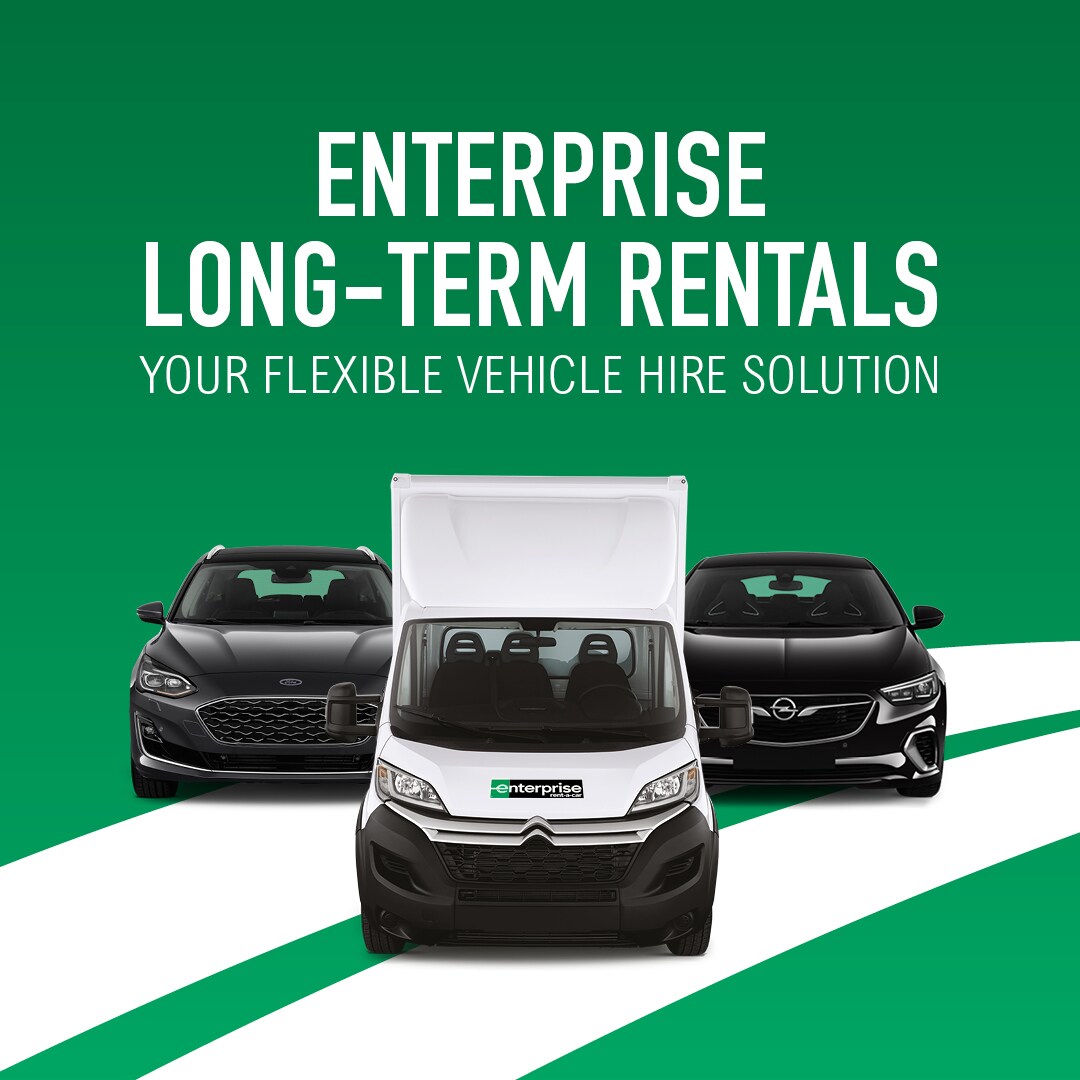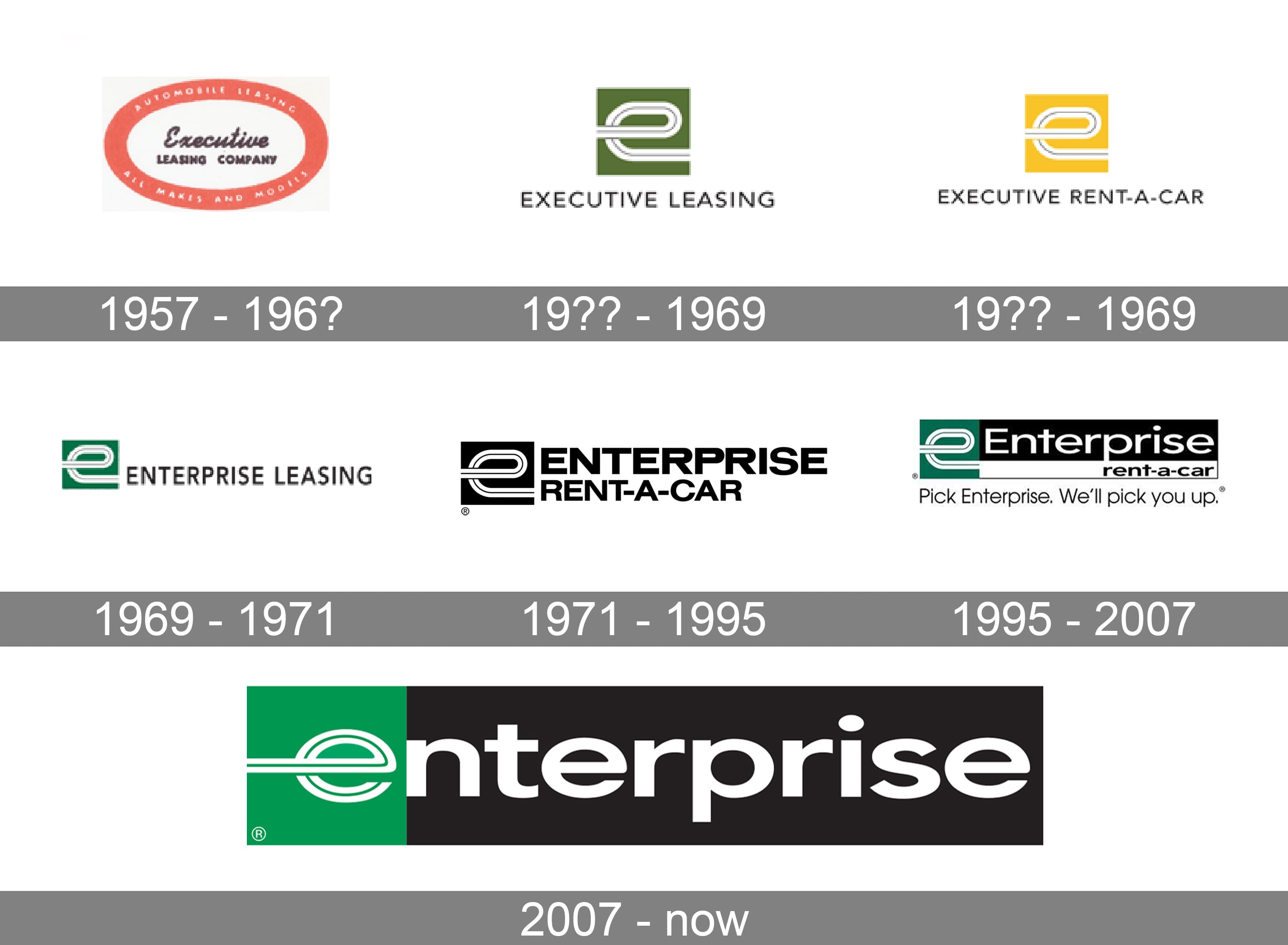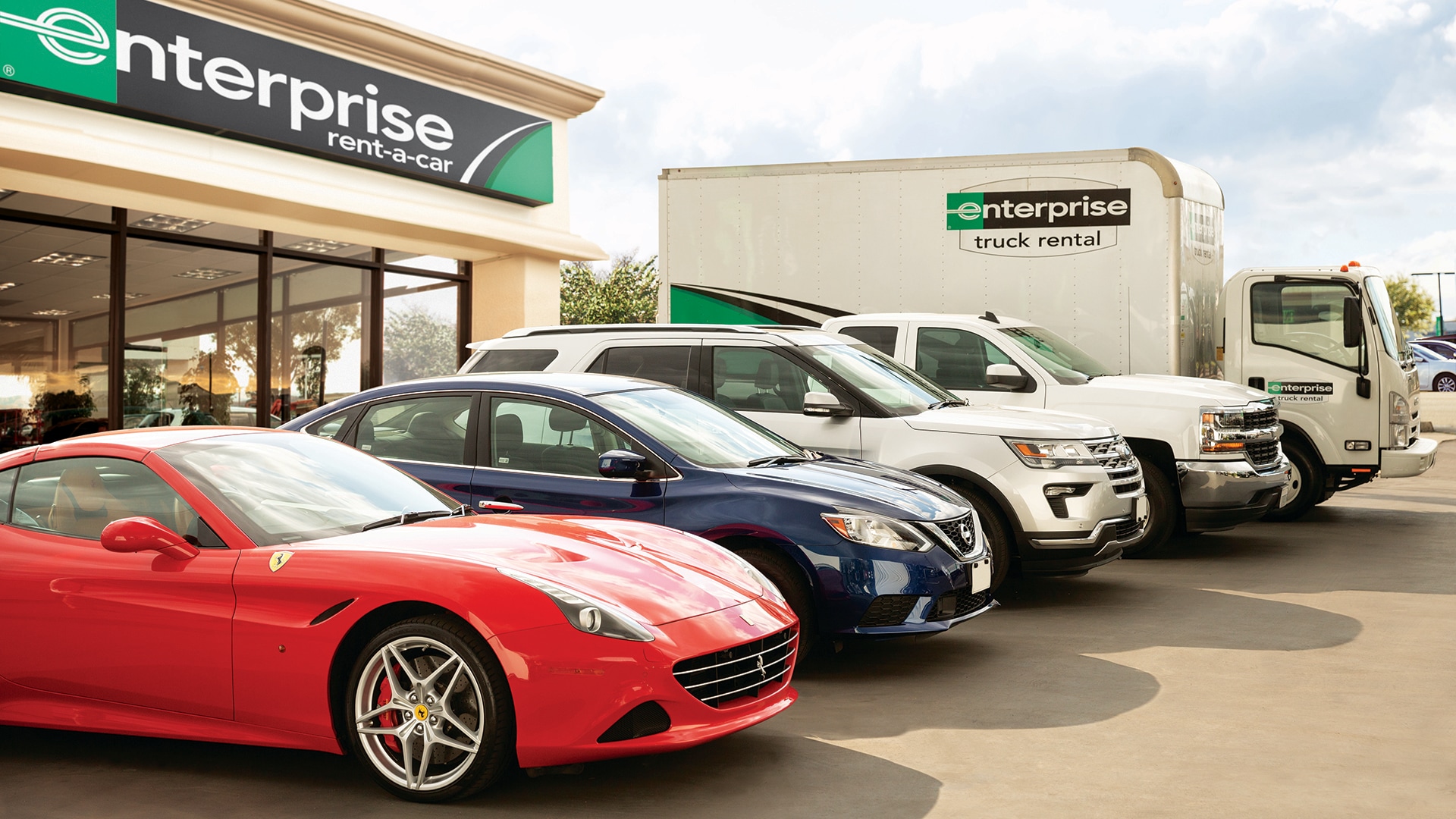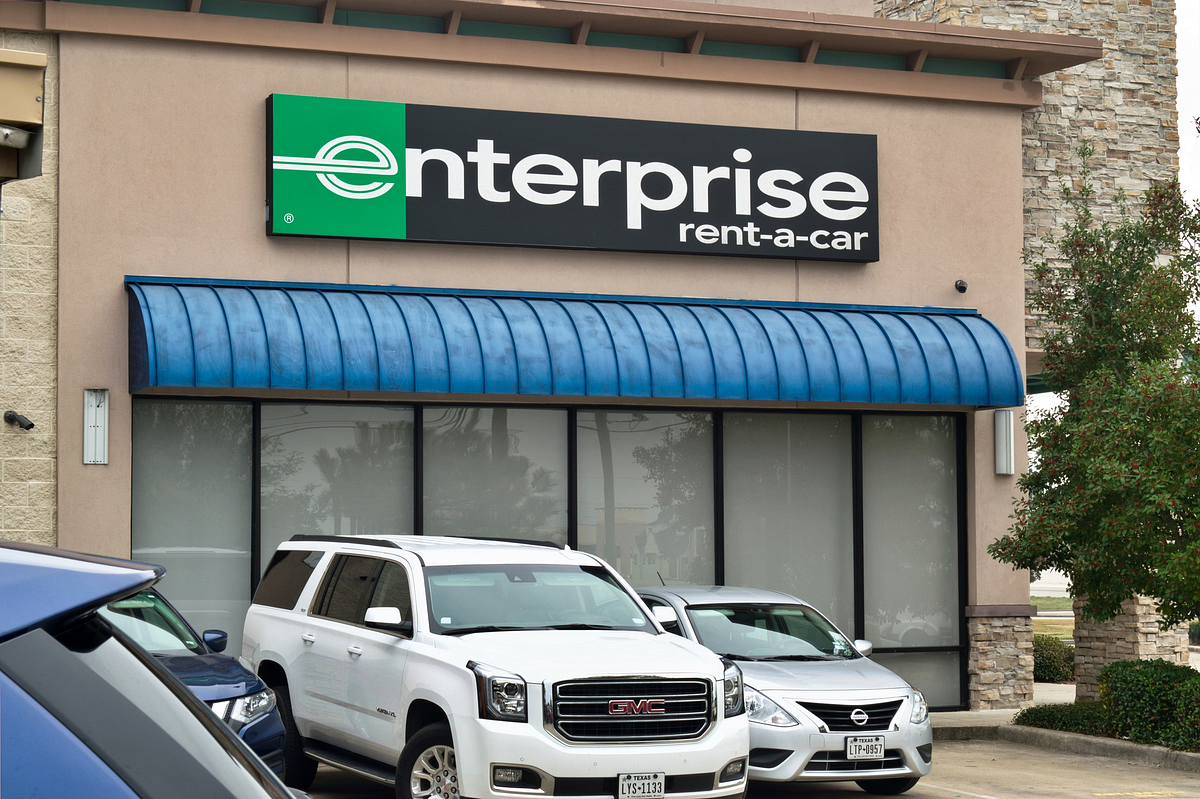What Does Enterprise Require To Rent A Car
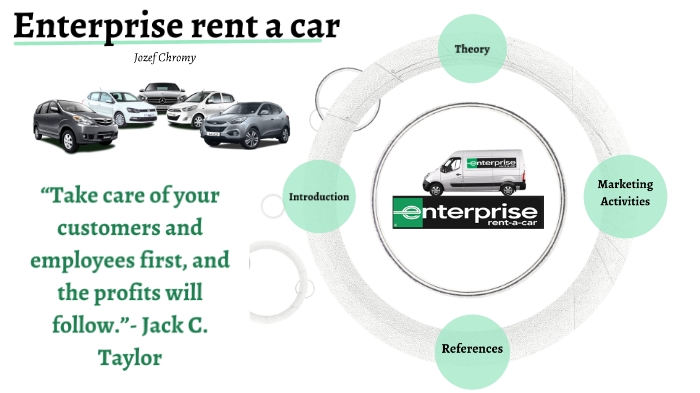
Imagine this: the sun is setting, casting long shadows across the tarmac as you step off the plane, the warm air a welcome change from the recycled cabin air. You’re finally here, ready to explore a new city, a national park, or perhaps just visit family. But before the adventure truly begins, there's one crucial step: picking up your rental car.
Navigating the rental car process, especially understanding the requirements, can feel like a minor hurdle. This article aims to demystify what Enterprise Rent-A-Car, one of the leading rental agencies, requires to get you behind the wheel and on your way to your destination.
The Basic Requirements: A Driver's License and Payment
The cornerstone of any rental agreement with Enterprise is a valid driver's license. This license must be current, not expired, and issued from your state or country of residence.
Enterprise, like most rental companies, also mandates a form of payment. Typically, this involves a major credit card in the renter's name.
While debit cards are sometimes accepted, they often come with stricter requirements, such as a credit check or proof of a return flight ticket, as stated on their official website.
Age Matters: The Under-25 Policies
Age is a significant factor in car rentals. Renters under the age of 25 often face additional fees, sometimes referred to as a "young renter fee."
Furthermore, Enterprise may restrict the types of vehicles available to younger drivers. Premium or specialty vehicles are usually off-limits.
According to Enterprise's policy, as confirmed through various customer service inquiries, these restrictions are in place due to insurance and risk management considerations.
Insurance Options: Protecting Yourself on the Road
Insurance is another crucial aspect to consider. Enterprise offers various insurance options, including a Loss Damage Waiver (LDW), which covers damage to the rental vehicle.
Supplemental Liability Protection (SLP) provides additional liability coverage. Many renters already have coverage through their personal auto insurance or credit card benefits.
Carefully reviewing your existing insurance policies before renting can potentially save you money. Consult your insurance provider to understand your coverage limits while renting a vehicle.
Beyond the Basics: Additional Considerations
Enterprise may require additional documentation or information depending on the specific rental situation. This could include proof of address or a corporate identification for business rentals.
If you plan on driving across state lines or into another country, it's essential to inform Enterprise at the time of booking. Some restrictions may apply.
For those with disabilities, Enterprise is committed to providing accessible vehicles and services, often requiring advance notice to ensure availability.
Preparing for a Smooth Rental Experience
To ensure a hassle-free rental experience, it's always best to book in advance, especially during peak travel seasons. This guarantees vehicle availability and can often secure better rates.
Thoroughly inspect the vehicle before leaving the rental location. Document any existing damage to avoid being held liable upon return.
Keep a copy of your rental agreement readily available and familiarize yourself with Enterprise's return policies, including fuel requirements and drop-off procedures.
The Open Road Awaits
Renting a car with Enterprise, or any rental agency, requires a bit of preparation and understanding of their policies. By familiarizing yourself with the requirements – a valid driver's license, acceptable form of payment, age considerations, and insurance options – you can ensure a smooth and stress-free experience.
With the logistics sorted, you’re free to focus on what truly matters: the journey ahead, the scenic routes, and the memories waiting to be made. The open road is calling.



.jpg?v=26221485)





